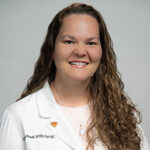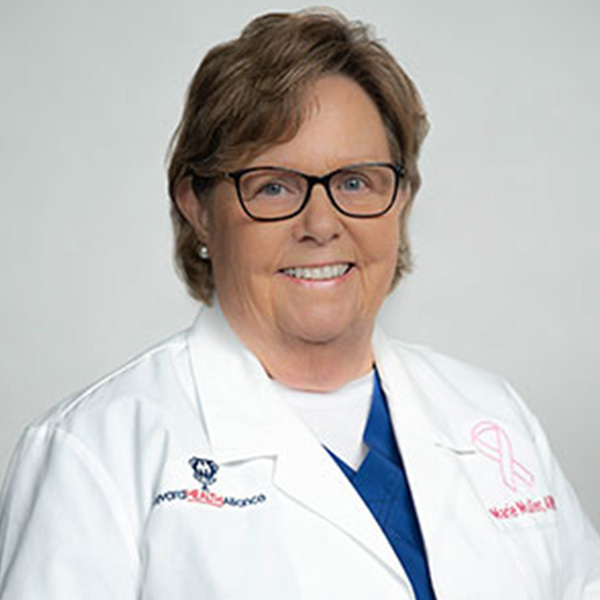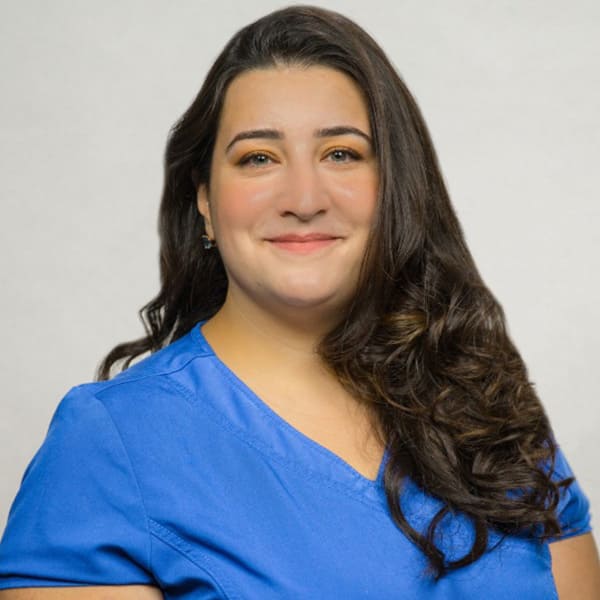5 Things You Should Know About Colonoscopies
The American Cancer Society and doctors all over always promote and recommend regular wellness checks in order to increase the chances of disease prevention and/or early detection of diseases such as cancer, which has much higher survival rates with early diagnosis and treatment. Similar to mole screenings which check for cancerous or precancerous melanoma and mammograms which looks for signs of breast cancer, colonoscopies screen the colon for early signs of cancer or other abnormalities. If detected and treated in an early stage, such as stages I, II, or III, colon cancer is often treated successfully. For this reason, it is important to understand colonoscopies and the process for colon cancer screening in order to ensure early detection.
- What is a colonoscopy? A procedure which allows a doctor to view the inside of a patient’s colon and rectum, a colonoscopy is the standard method which doctors use to screen patients for colon cancer, signs of cancer, and polyps which are small growths that can develop into cancerous cells over time if left intact. A hollow tube with a camera on the end called a colonoscope is used to access and view the patient’s colon. If polyps which need to be removed are found or if tissue samples must be taken addition instruments access the colon through the colonoscope’s hollow tube.
- Who should have a colonoscopy and how often? As the risk of developing polyps and colon cancer increases with age, the American Cancer Society recommends all men and women who are 50 years or older should have a colonoscopy, followed by once every ten years thereafter as long as all results are normal. If you fall into a category which puts you at a higher risk of colon cancer or if you have abnormal results during a colonoscopy, your doctor might recommend more frequent or screenings at a younger age.
- How do I prepare for a colonoscopy and what should I expect during the procedure? Prior to your colonoscopy appointment, your doctor will discuss any steps which you must take to prepare in the days preceding the colonoscopy. Your doctor might ask you to stop taking certain prescription medications which might affect the procedure or its results. He or she will likely also prescribe you a regimen of laxatives in either or both liquid and pill form. If necessary, you might also be given an enema to ensure your colon is clear during the procedure, allowing for a successful cancer screening. During the procedure, patients rarely experience any pain or discomfort. Your doctor will likely administer you a medication which will help you relax and sleep throughout the entire colonoscopy. You will need to arrange for time to recovery from the sedation and transportation to take you home following your colonoscopy, as you will be too drowsy to drive or return to work. Following the procedure, you might experience some stomach pain, discomfort, or cramping due to the settling of air which the colonoscope uses to inflate your colon for proper viewing during the colonoscopy.
- Where will my colonoscopy take place? Colonoscopies are performed in private examination rooms at doctors’ offices, clinics, surgery centers, and hospitals. The location of your colonoscopy will depend on where your doctor practices.
- What happens if my doctor finds something? If your doctor finds polyps which are small enough, then he or she will completely remove them during the procedure. If your doctor finds a polyp which is too large for removal or notices any abnormalities, he or she will be sure to take a tissue sample for a biopsy which will test for cancerous cells after your procedure is finished. If anything malignant is found, your doctor will discuss your next treatment steps with you during a follow up appointment.
Many individuals feel daunted by the idea of undergoing a colonoscopy, but the benefits of early cancer detection far outweigh any inconvenience of the screening procedure. If you are over 50 or believe you might fall into a high risk category, we encourage you to take action to preserve your good health and extend your life by speaking with your doctor about scheduling a colonoscopy with a specialist.
The Brevard Health Alliance provides primary medical care and employs Board Certified Family Practice and Internal Medicine Physicians as well as licensed Advanced Practice Nurse Practitioners. We provide high quality, compassionate care within a primary care medical home. Please call today to make an appointment with our Internal Medicine if you have any questions or concerns about scheduling a colonoscopy. Primary care is extremely beneficial because it includes preventative care and also comprehensive evaluation and treatment.

















































































































































